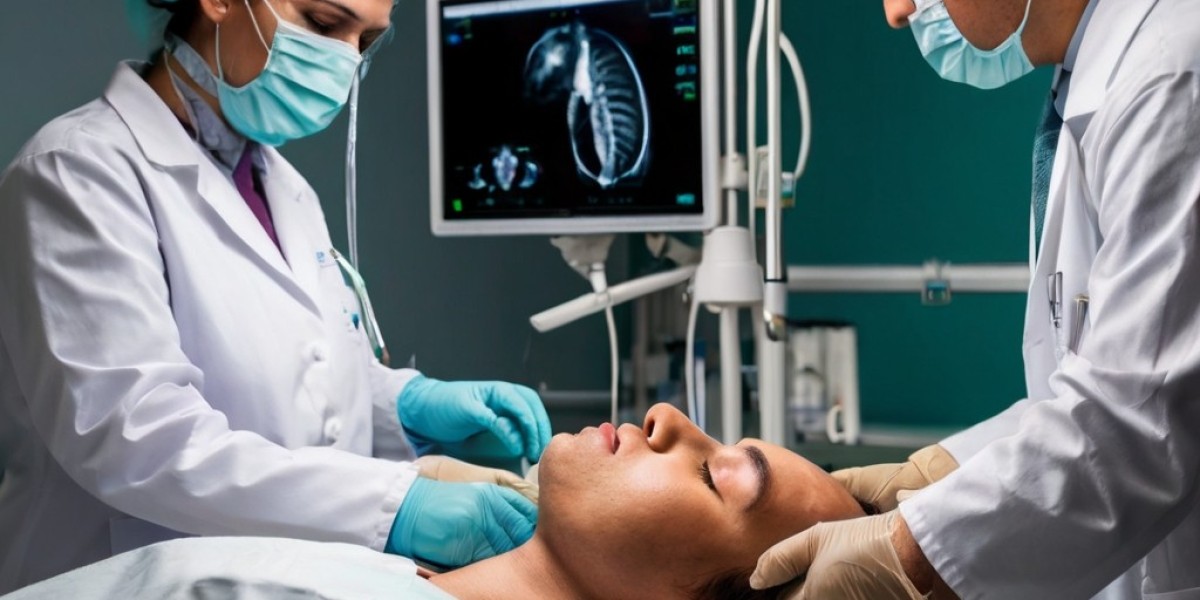As we enter 2024, the Medical Simulation Market presents an array of exciting opportunities for healthcare professionals, educators, and technology developers alike. The demand for effective training solutions in the medical field has never been greater, and simulation is emerging as a transformative approach that can enhance education, improve patient safety, and foster innovation in healthcare delivery. Here are some of the key opportunities in the medical simulation landscape for 2024.
Enhancing Healthcare Education
One of the most significant opportunities in medical simulation is its potential to enhance healthcare education. Traditional teaching methods often fall short in providing students with the hands-on experience they need to succeed in real-world situations. Medical simulation offers a safe and controlled environment where students can practice procedures, make decisions, and learn from their mistakes without risking patient safety. This immersive learning experience not only boosts confidence but also helps solidify knowledge and skills, ultimately leading to better-prepared healthcare professionals.
Interprofessional Training
In 2024, there is a growing emphasis on interprofessional education, where healthcare professionals from various disciplines collaborate and learn together. Medical simulation provides an ideal platform for this type of training, allowing teams of doctors, nurses, pharmacists, and other allied health professionals to practice their skills in a collaborative setting. By fostering teamwork and communication, simulation prepares healthcare providers to work effectively in real-world scenarios, ultimately improving patient outcomes.
Technological Innovations
The rapid advancement of technology presents exciting opportunities for the medical simulation market. Innovations such as virtual reality (VR), augmented reality (AR), and artificial intelligence (AI) are revolutionizing training methodologies. In 2024, we can expect to see an increase in the adoption of these technologies in simulation programs. For instance, VR can create realistic clinical scenarios that immerse learners in lifelike environments, while AI can provide personalized feedback, allowing trainees to learn at their own pace. Developers and educators can capitalize on these technologies to create more engaging and effective training programs.
Global Expansion
As healthcare systems worldwide continue to evolve, the demand for skilled healthcare professionals is on the rise, particularly in developing regions. This presents a significant opportunity for the medical simulation market to expand globally. By providing affordable and accessible simulation training, organizations can help bridge the gap in healthcare education, particularly in areas with limited resources. Investing in medical simulation technologies in emerging markets can lead to better-trained healthcare workers and improved health outcomes for communities.
Research and Development
Another area of opportunity lies in research and development within the medical simulation field. As the need for innovative training solutions grows, there is an increasing demand for studies that validate the effectiveness of simulation-based training. Researchers can explore new training methodologies, evaluate the impact of technology on learning outcomes, and identify best practices for implementing simulation in various healthcare settings.
For More Info: - https://www.gmiresearch.com/report/medical-simulation-market/
Conclusion
In conclusion, 2024 offers a wealth of opportunities in the medical simulation market. By enhancing healthcare education, promoting interprofessional training, leveraging technological innovations, expanding globally, and investing in research and development, stakeholders can play a vital role in transforming medical training. As the healthcare landscape continues to evolve, embracing these opportunities will be essential for preparing skilled professionals who can meet the challenges of modern medicine and ultimately improve patient care worldwide.



